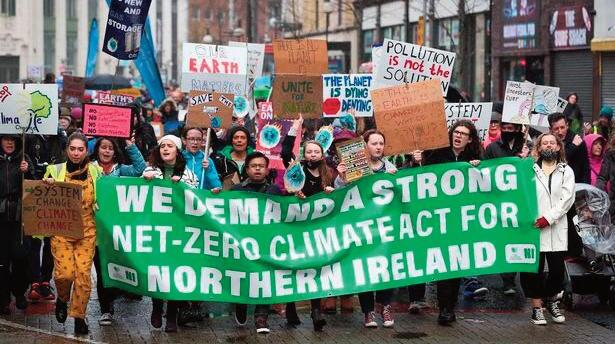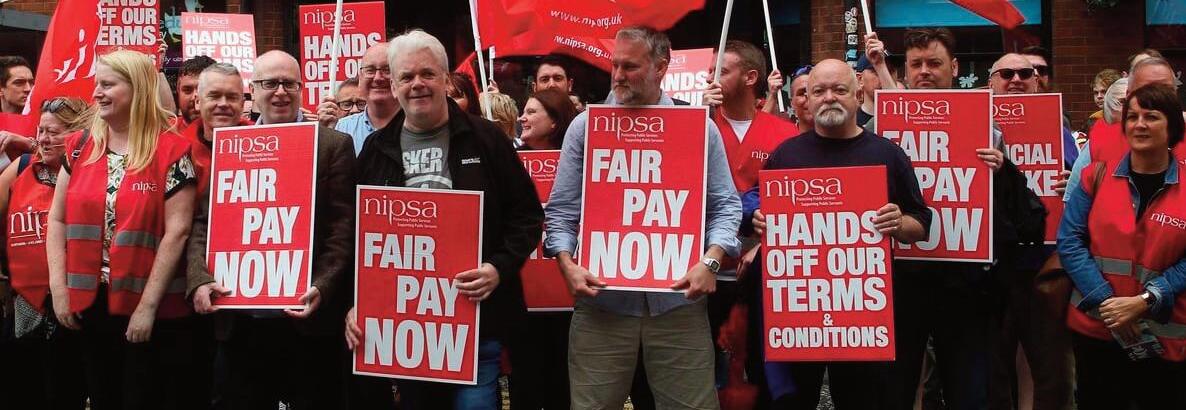
1 minute read
Israel/Palestine: Netanyahu re
By Donal Devlin
NO SOONER had Israel’s new far-right coalition, headed by Benjamin Netanyahu, been elected at the end of December than it introduced proposals to curb the powers of the Israeli Supreme Court. By allowing the Knesset (Israeli Parliament) to overturn decisions of the Court by a simple majority of 61 (it has 120 members) and giving it a greater role in the appointment of the Court’s judges, Netanyahu and his cronies hope to centralise greater power at its expense.
This has led to an unprecedented explosion of protests in Israeli society. Since the beginning of the year, weekly street protests involving hundreds of thousands have taken place, including militant tactics such as the blockade of roads, all of which culminated in a historic general strike on Monday, 27 March. This strike resulted in Israel’s ports being shut down, planes being cancelled, and universities, shopping centres and Mcdonald's restaurants closing. Strike action was even taken by staff in the Israeli state’s embassies across the globe.
The significance of such polarisation within a state that is such a key ally of US imperialism, and one that metes out such brutal oppression to the Palestinian people should not be understated.
The Biden Presidency has put pressure on Netanyahu to drop his plans fearing the instability that can undermine its “strategic asset” in the region. More generally, it is indicative of a wider po- litical, economic and social crisis facing the system of capitalism globally in what is now an age of permacrisis.
Attack on rights
The Israeli Supreme Court is not an institution of humanitarian progress, contrary to the view expressed by its liberal capitalist supporters both within Israel and beyond. It is part and parcel of the Israeli ruling class and the state’s apparatus of oppression, particularly against the Palestinian people. It has given legal cover to housing demolitions, torture and the building of colonial settlements on occupied Palestinian land. Yet Netanyahu and his allies in the government see this court as an obstacle to implementing its policies of attacking the rights of LGBTQ people and refugees, and going further in terms of the expansion of settlements and annexation of Palestinian land. Many of the protesters have drawn comparisons between Israel’s new government and farright regimes that have taken power in Hungary and Poland in the last decade, which have trampled on the rights of women and LGBTQ rights.
Increased oppression
The scale of the protests and the 27 March general strike forced the Israeli government to temporarily suspend its proposals. However, it now has plans to set up a new “National Guard”, at the behest of the Italmar Ben-Gvir, the deeply racist National Security Minister. This will act as a kind of paramilitary








